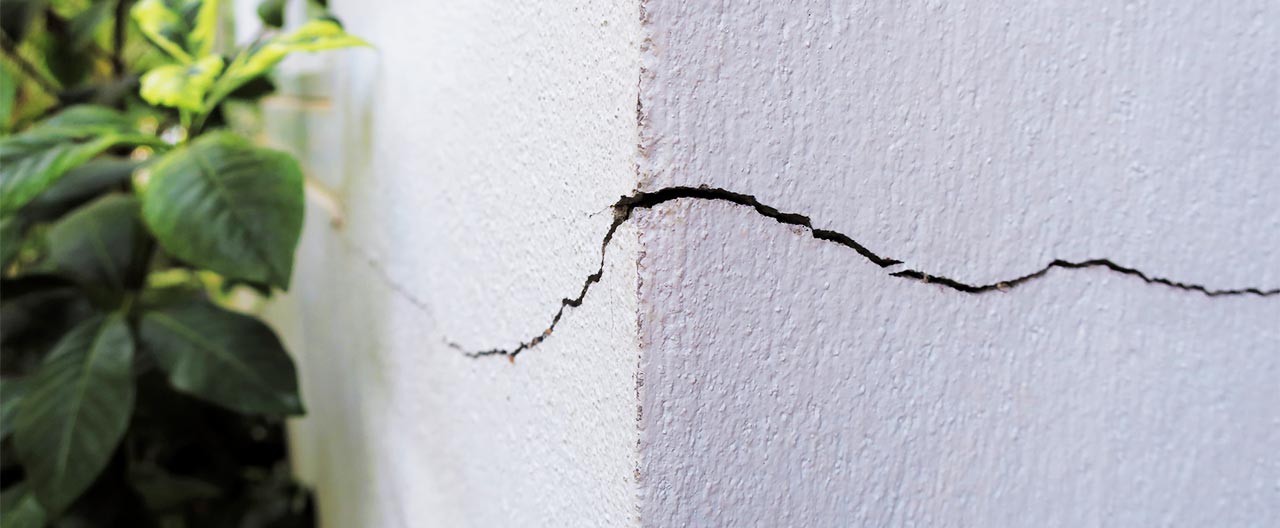- Individuals & Families
- Businesses
- Agents & Brokers
- Embedded Insurance

Chubb ranked #1 for Customer Satisfaction with the Home Insurance Claims Experience

Chubb ranked #1 for Customer Satisfaction with the Home Insurance Claims Experience

Chubb ranked #1 for Customer Satisfaction with the Home Insurance Claims Experience

Chubb ranked #1 for Customer Satisfaction with the Home Insurance Claims Experience

Because pets are family, Chubb now offers pet insurance with top-rated coverage from Healthy Paws.

Chubb offers the insurance protection you need for travel’s many “what ifs”.

Chubb protects small businesses at every stage – from newly formed start-ups to long-time anchors of the community.

Stay ahead of cyber threats with our free Cyber Claims Landscape Report.

Learn more about our dedicated learning paths, Online Learning Center, and more.

Many digital-savvy consumers look for it as a core or add-on option.

Many digital-savvy consumers look for it as a core or add-on option.

Many digital-savvy consumers look for it as a core or add-on option.

Chubb’s in-house technology makes it easy to integrate what we do into your customer experience.
-
About
-
Claims
-
Login & Pay Bill
For Agents & BrokersFor Travel Advisors
-
Back
Weather experts can predict and warn people against certain types of natural disasters such as hurricanes, tornadoes, or severe storms, and such warnings often provide residents an opportunity to prepare. However, earthquakes can happen anywhere and there are no reliable methods for determining exact locations and magnitudes of future earthquakes.
While we frequently associate earthquakes with California, in the United States, three of the top 10 most damaging earthquakes occurred outside of California.1 That’s why it’s so important to prepare for an earthquake before one strikes unexpectedly in your area.
Here’s what you need to know to be prepared, especially if you live in an earthquake-prone region:
Before you prep your home, prep yourself and your family:
- Create an emergency meeting spot to convene and check-in near your home in case you have to evacuate. Make sure you have a back-up location in case that spot is not accessible.
- Establish in-state and out-of-state points of contact for communication.
- Put together two emergency kits — one for your home and one for your car.
- Purchase battery-powered radios for your home and vehicles. (It may sound a bit old-fashioned, but it may be your only source for receiving communication in the event power lines and mobile networks go down.)
- Do a home walk-through and identify safe places in each room of your home. Communicate your findings with family members. In the event of an earthquake, be sure to stay away from windows, bookcases, and tall furniture that could fall on you.
- NOTE: Doorways are no stronger than any other part of a structure, so don’t rely on them for protection. During an earthquake, get under a sturdy piece of furniture and hang on.
- Identify where your home’s water, gas, and electric main shutoff valves and switches are. Make sure each family member knows how to turn them off in an emergency.
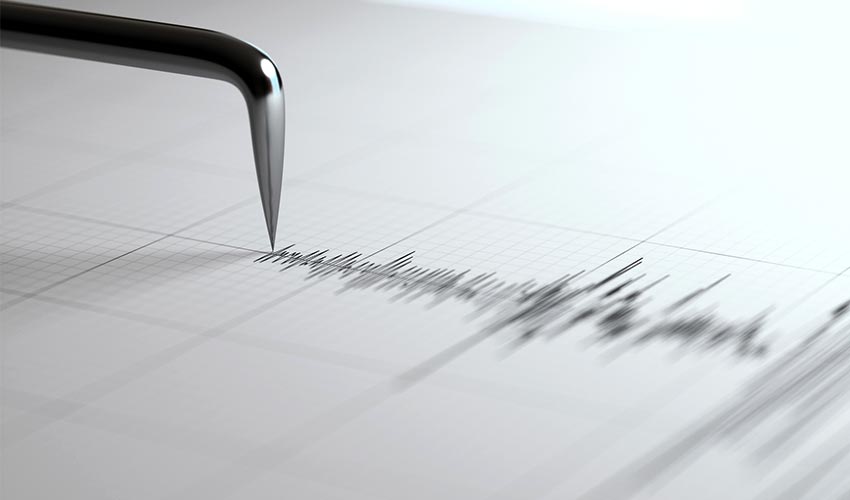
Now it’s time to prepare your home. Consider the following:
- If possible, obtain earthquake insurance for your home and its contents. Many homeowner policies exclude or limit earthquake coverage, but it may be available as an additional coverage add-on.
- Check the foundation and walls of your home for cracks and defects that may make it particularly vulnerable to earthquake damage. Have a professional make any necessary repairs.
- Consider hiring a structural engineer or certified contractor to strengthen exterior structures, such as porches, decks, sliding glass doors, chimneys, car ports, and garage doors.
- Anchor bookcases, large pieces of furniture, heavy mirrors, pictures, water heaters, and appliances to the wall. You can also hire a contractor to do the work for you. Disengage or remove rollers from major appliances to prevent them from moving during an earthquake.
- Work with professional art handlers to install artwork. Items should be installed away from walls containing major pipelines and well above areas that may flood in the event of broken water lines. Use stabilization hardware and mounts, which can prevent items from dislodging from a wall or shelf in the event of an earthquake. For more tips on protecting valuables from earthquake damage, read this article.
- Install latches on drawers and cabinets to prevent contents from spilling out. Heavy items and breakable items should be as close to the floor as possible.
- Have a plumber install flexible connectors on your home’s gas appliances or install a seismic gas shut-off valve on your main exterior gas line.
- Install a clear, shatterproof film over glass surfaces and windows (broken glass can get strewn about and may cause serious injuries).
- Do not hang heavy items, such as pictures and mirrors, near beds, couches and anywhere people sleep or sit.
- Put all flammable liquids in the garage or other outside storage area. To help prevent a fire after an earthquake, store them away from heat sources, like a water heater or furnace.
After an earthquake, take these important steps:
- Prepare for aftershocks, which can be stronger than the initial quake, by being aware of things that could cause you or your family harm, like falling objects or structural damage.
- If it is safe to enter your home, slowly and calmly inspect any damage inside your house. If you suspect a gas leak, avoid starting a fire of any kind, such as lighting the kitchen stove or firing up the gas water heater. Do not use electrical equipment or appliances.
- If safe to do so, carefully inspect the exterior of your home, as there may be a range of hazards lurking outside, such as fires, downed tree limbs and power lines, shards of broken window glass, gas leaks, oil spills, and fallen objects.
- If there is damage, contact a trusted repair contractor specializing in earthquake damage.
- If you have earthquake insurance and you notice damage, contact your insurance agent to file a claim.
While no one knows exactly when the “Big One” is coming, you will have peace of mind knowing you prepared yourself, your family, and your home — everything that matters to you the most!
For more information on personal earthquake preparedness, please visit the Chubb Catastrophe Center.
Insights and expertise
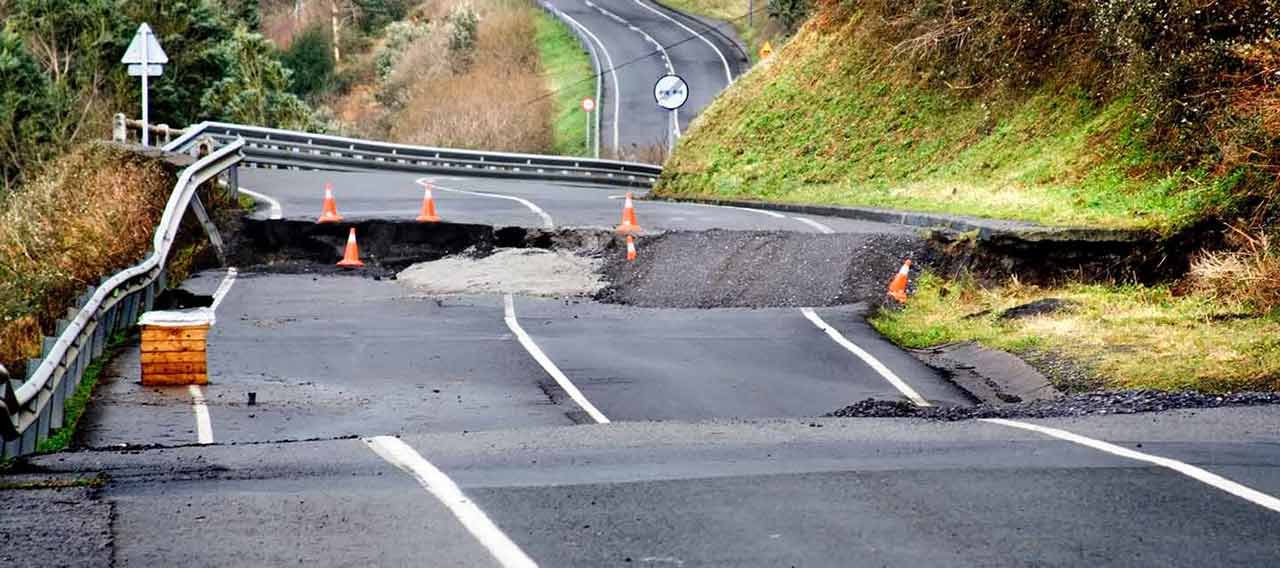
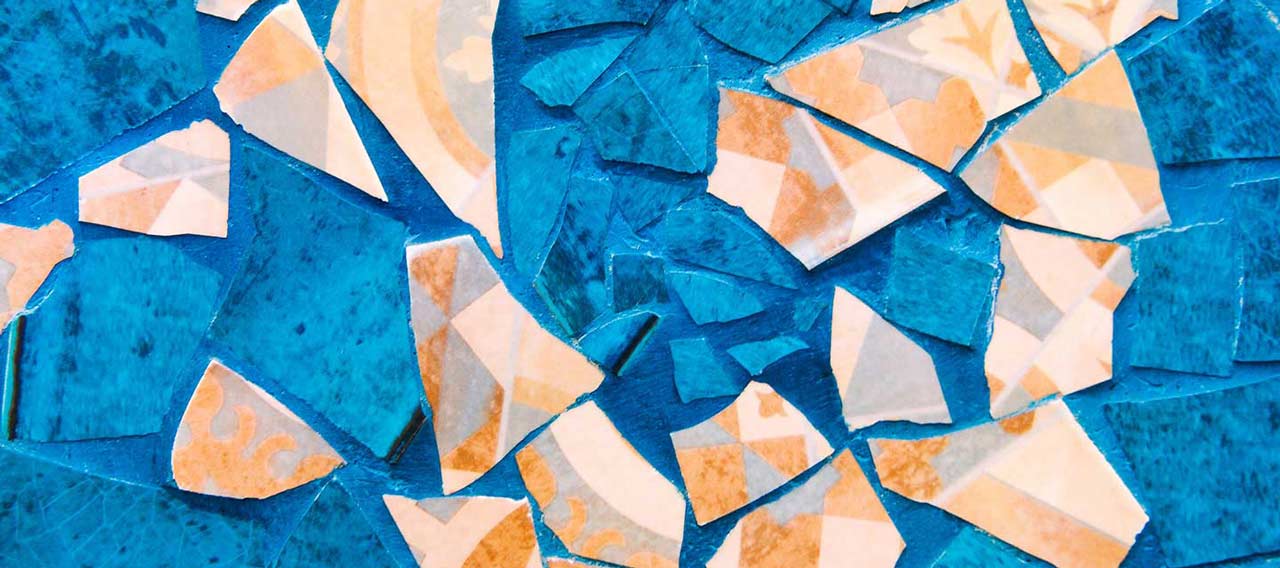
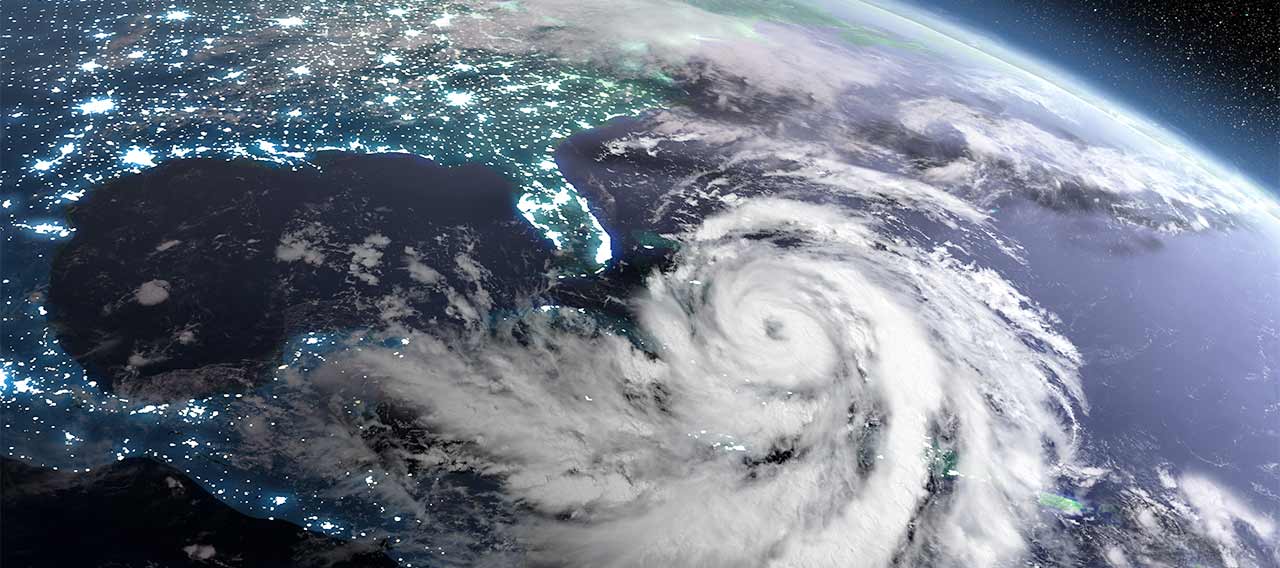
Get a personal insurance quote
Work with an independent agent to get personalized insurance solutions.
This document is advisory in nature and is offered as a resource to be used together with your professional insurance advisors in maintaining a loss prevention program. It is an overview only, and is not intended as a substitute for consultation with your insurance broker, or for legal, engineering or other professional advice.
Chubb is the marketing name used to refer to subsidiaries of Chubb Limited providing insurance and related services. For a list of these subsidiaries, please visit our website at www.chubb.com. Insurance provided by ACE American Insurance Company and its U.S. based Chubb underwriting company affiliates. All products may not be available in all states. This communication contains product summaries only. Coverage is subject to the language of the policies as actually issued. Surplus lines insurance sold only through licensed surplus lines producers. Chubb, 202 Hall's Mill Road, Whitehouse Station, NJ 08889-1600.


